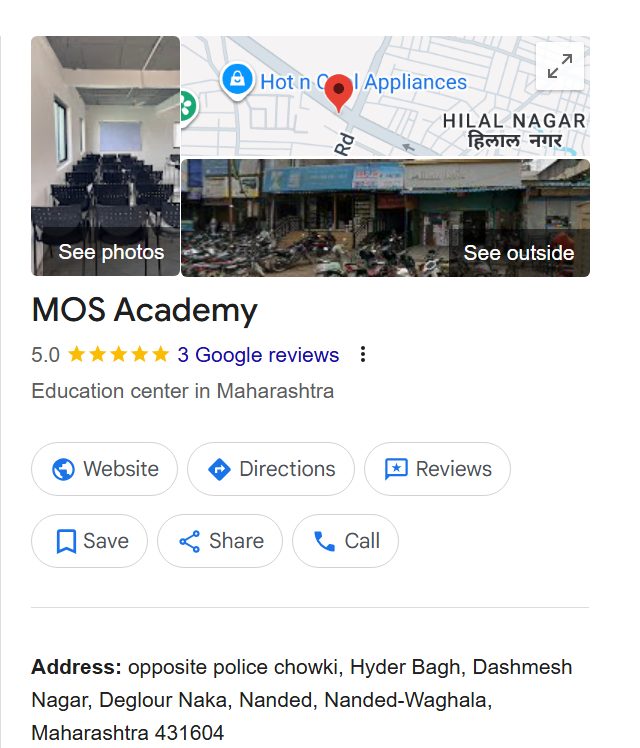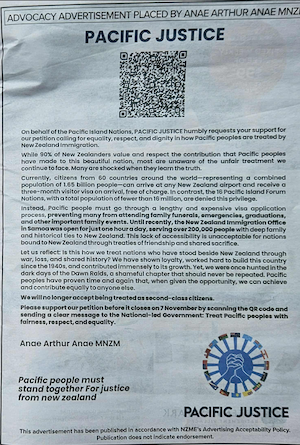COMMENTARY: By Eugene Doyle
“The Past is not dead; it is not even past.”
William Faulkner was right: past events continue to inform and shape our world. With powerful forces gathering to reassert US dominance over not just Venezuela but the entire Western hemisphere, the vexed issue of local elites, for example Venezuela’s Maria Corina Machado and her backers, enlisting an imperial power in domestic broils, is again top of the agenda.
Back in the 1980s I studied in France. The most thrilling lecture of my university career was an outline of the significance of the Battle of Valmy, a crucial win for the young French Revolution.
The lecture was given by the distinguished historian Antoine Casanova.
One of the revolutionary generals that day in 1792 was a Venezuelan, Francisco de Miranda, who in time, returning to the Americas, would wrest power from imperial Spain and become leader of an independent Venezuela.
Miranda knew Thomas Jefferson, John Quincy Adams and, of significance to this story, the father of the Monroe Doctrine, President James Monroe. Were he alive today he would again unsheathe his sword to fight King Donald Trump and all the forces of L’Ancien Régime.
L’Ancien Régime — the “Old Order” — refers to the system of absolute monarchy, hereditary privilege, and rigid social hierarchy where a tiny elite owned everything while the masses owned little or nothing.
In today’s world, given the concentration of power among the few in our countries, I extend the term Ancien Régime to capture the way the US, working in concert with local elites, is operating in ways that would be familiar to a Bourbon King or a British monarch.
If they had such a thing as shame, the American elites should wince that their country, born out of an epic anti-colonial struggle, now plays the role of a Prussian army seeking to impose its will on another state.
1792. La patrie en danger. The homeland is in peril.
The monarchies of Europe had rallied their armies for an assault on France to destroy the Revolution that had swept from power not only King Louis XVI but the entire absolutist order of L’Ancien Régime.
After a string of victories, the invaders swung their armies towards Paris, intent on snuffing out the revolution, to ensure the contagion did not infect the rest of Europe. Desperate, the French Assembly declared “La Patrie en danger” and called on patriotic citizens to rally to the flag.
The two world orders clashed in a pivotal battle at Valmy, 200 km northeast of Paris on 20 September 1792.
At Valmy, for the first time in history, the battle cry that General Miranda and others called out — and thousands of citizen soldiers answered — was “Vive la nation!” “Long live the Nation! (not for a king, nor an emperor, nor a god).
Confronting them on the field was the superpower of the day, the best armed, best drilled war machine in history: the Prussian Army, led by Prince Field Marshall Karl Wilhelm Ferdinand. As well as his Prussians, he commanded the army of the Holy Roman Empire and, significantly, L’Armée de Condé, led by King Louis XVI’s cousin and comprised of French royalist émigrés.
To the citizen soldiers of France, this latter group were traitors to their country, men who put their privileges and their class ahead of the interests of their homeland. This is a theme relevant to discussions of Venezuela today.
Things went badly for the republican French in the opening and the lines wavered. The Venezuelan Miranda, history records, raced his charger up and down the lines, urging the troops to sing La Marseillaise, written earlier that year by Claude Joseph Rouget de Lisle. We know it now as the French National Anthem. It is a stirring call to arms, a passionate appeal to fight the enemies of the nation.
French First Republic
Long story short, the French prevailed that day and France’s First Republic was declared in Paris two days later. A witness to the battle was the German philosopher Johann Wolfgang von Goethe who, by way of consolation — I would have thought a little rashly — told some dejected Prussian officers, “Here and today, a new epoch in the history of the world has begun, and you can boast you were present at its birth.”
Today Francisco Miranda’s name is among the 660 heroes of the Republic engraved on L’Arc de Triomphe in Paris. He has been called the “First Global Revolutionary”, having fought in the American War of Independence as well as his other exploits in Europe and Latin America.

Some of my fellow students at L’Université de Franche-Comté were South and Central Americans who had fled political persecution. Their stories were my first exposure to the concept of “death squads”.
This was a time when El Salvador, Guatemala, Honduras and Nicaragua were drenched in blood as a pitiless struggle was waged by the US and the local military and financial elites on one side, and coalitions of workers, peasants, intellectuals, teachers and various progressives on the other.
Repeated US interventions to support companies like United Fruit Company went hand in hand with brutal suppression of peasant workers. The CIA-backed coup that overthrew democratic progressive Jacobo Arbenz in Guatemala in 1954 led to a war — the Guatemalan Genocide or The Silent Genocide — in which 200,000 were killed and tens of thousands more “disappeared” over the succeeding three decades. Amnesty International estimated 83 percent of those killed were indigenous Maya people.
In 1980, while I was in France, Oscar Romero, the archbishop of San Salvador, was gunned down mid-service by a killer working for El Salvador’s military dictatorship. A quarter of a million people braved the junta to attend his funeral.
Romero’s fate was sealed when he appealed to US President Jimmy Carter to end aid to El Salvador’s military dictatorship.
Death squads follow
Whether we look at the Iran Contra scandal, Reagan’s funding of the infamous Honduran Battalion 316 or any of dozens of such organisations, the pattern is clear: where the US wishes to assert control via elites, death squads follow. The State Department and CIA spent decades building and evolving El Salvador’s National Security Agency. They helped compile lists of leftists, intellectuals and all sorts of people who were then eliminated by the regime’s death squads.
While I was getting an education in history, literature and politics, tens of thousands were killed in Argentina by the US-backed Junta during the “Dirty War”. Similarly in Chile, from the US-promoted military takeover forward, being a social worker, teacher or trade unionist could be a fatal occupation.
Sadly, as most people my age know, one could go on and on and on about US covert activity to destroy democratic movements and foster alliances with the most vicious oligarchs on the continent. That is why I fear for Venezuela and I have zero confidence in any political leader who calls for US direct military and paramilitary (via CIA) action in her own country.
For these reasons and more, I shuddered when I heard Venezuelan opposition leader and Nobel Peace laureate Maria Corina Machado praising Donald Trump and urging him to continue his pressure campaign, saying only Trump can “save Venezuela”.
“I dedicate this prize to the suffering people of Venezuela and to President Trump for his decisive support of our cause,” she wrote in a post on X.
Praising a man who is indiscriminately killing your own citizens is not, in my estimation, a good look for either a Nobel Peace laureate or a patriot. Francisco Miranda would roll in his grave.
The price of freedom from foreign powers is often counted in millions of lives and centuries of struggle; it should not be given away lightly.
The Maduro government has its fans and its detractors; both can mount solid arguments.
One thing I believe is firmly in its favour, however, is that, for its many faults, it is a national project that seeks to resist dominance from foreign interests, foremost the US. I will give the last word to Sebastián Francisco de Miranda y Rodríguez de Espinoza (28 March 1750–14 July 1816):
“I have never believed that anything solid or stable can be built in a country, if absolute independence is not first achieved.”
Eugene Doyle is a writer based in Wellington. He has written extensively on the Middle East, as well as peace and security issues in the Asia Pacific region, and he contributes to Asia Pacific Report. He hosts the public policy platform solidarity.co.nz
This post was originally published on Asia Pacific Report.

 (@MeghUpdates)
(@MeghUpdates) 





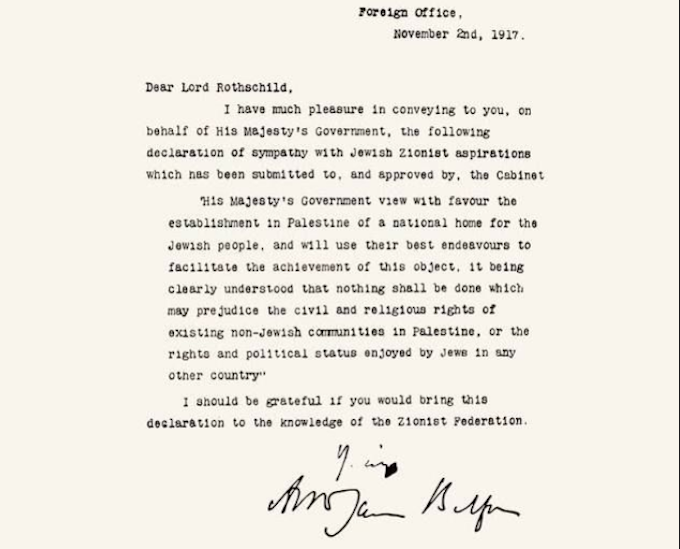
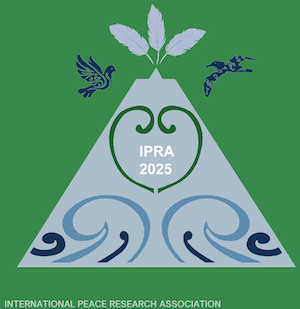
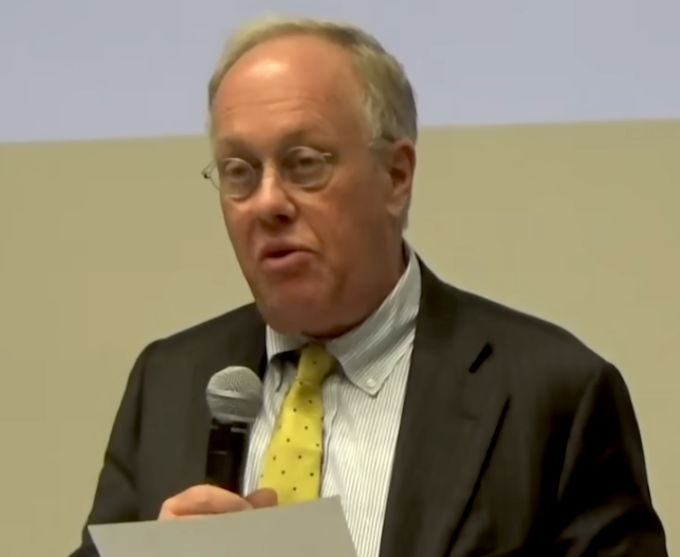
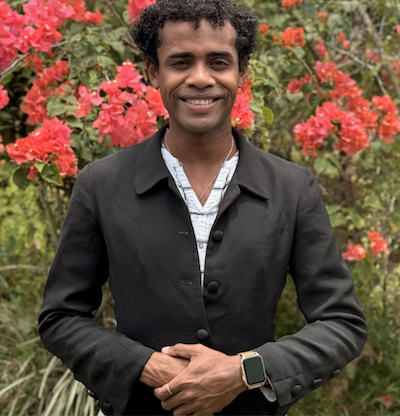
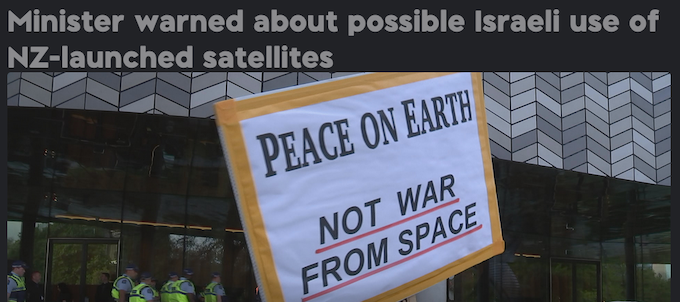

 Jitendra pratap singh
Jitendra pratap singh